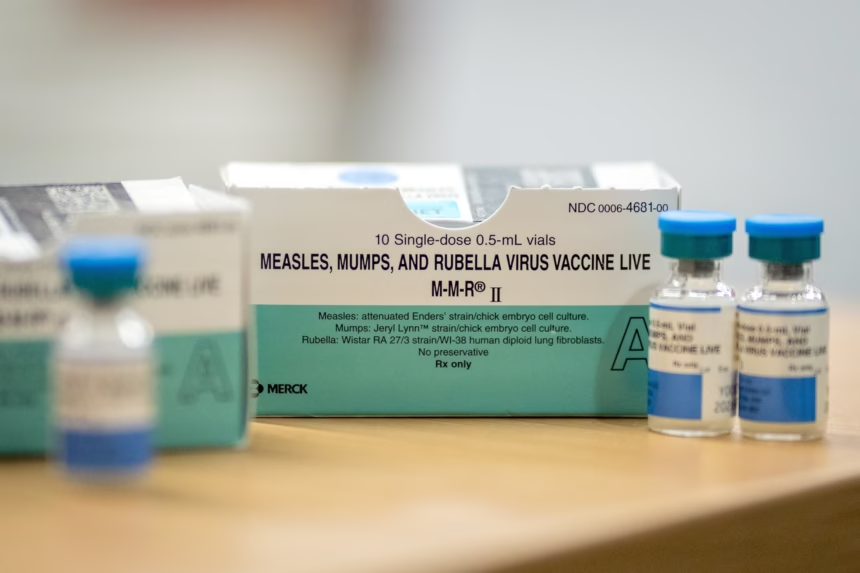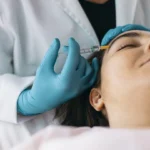Late last month, the U.S. had its first death from measles in a decade when a school-aged child died in Texas, the epicenter of a current outbreak.
The child, whom the Texas Department of State Health Services (DSHS) said had no underlying condition, was unvaccinated.
Measles is a vaccine-preventable disease that was formerly eradicated in the U.S. in 2000. The vaccine is usually given early in childhood as the standard set of immunizations required to attend school.
Newly-appointed Secretary of the U.S. Department of Health and Human Services (HHS) Robert F. Kennedy Jr., who has a history of pushing anti-vaccine sentiments, has since urged parents to consider vaccination. He has also, however, touted other measures of prevention and treatment that doctors and health experts say are not medically or scientifically sound.
RFK Jr., who has no formal medical training, has cited vitamin A and cod liver oil as effective methods of measles prevention while stopping short of outright suggesting vaccines, the only proven method of preventing measles at a rate of 97% efficacy, according to the CDC.
Here’s a look at what RFK has said and why doctors are urging patients not to lean on these methods.
Days after the first measles death since 2015 was announced, RFK Jr. published an opinion piece on Fox News Digital calling the outbreak a “call to action,” but did not go as far as explicitly suggesting vaccination.
“The decision to vaccinate is a personal one,” Kennedy wrote. “Vaccines not only protect individual children from measles, but also contribute to community immunity, protecting those who are unable to be vaccinated due to medical reasons.”
The Fox Digital op-ed said the Centers for Disease Control (CDC) had released new guidance supporting vitamin A as a treatment for measles. It likewise claimed diet is the “best defense against most chronic and infectious illnesses.”
In another Fox News interview, RFK, the founder of the anti-vaccine group Children’s Health Defense, suggested cod liver oil as a treatment for measles.
Public health officials and doctors have cried foul, saying there is no evidence to support these claims, instead emphasizing the importance of vaccination.
In the U.S., the measles vaccine is usually given not alone but in combination with the mumps and rubella vaccines, called the MMR vaccines. Typically, children receive MMR vaccines as part of the regular course between the ages of 12 and 15 months for the first dose and ages 4 to 6 for the second. The vaccine protects against measles, mumps, and rubella and is 97% effective at preventing measles when both doses are given and 93% after only one dose.









